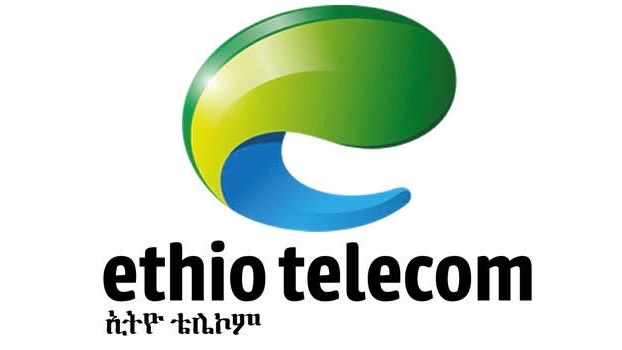
- Government starts process to sell a 40% stake in Ethio Telecom
- Expressions of interest sought during next 30 days
- Move comes shortly after award of license to competitor
It's time to find out just how many international telcos and investors are actually interesting in buying into Ethio Telecom.
The Ethiopian government on Monday officially began the process to sell a 40% stake in the country's incumbent operator, something that has been talked about in telecoms circles for a number of years. The stake is expected to be sold in a single tranche to one buyer, rather than split up.
A short joint statement from the Ministry of Finance (MOF) and the Public Enterprises Holding and Administration Agency (PEHAA) informed would-be investors that the state will issue an expression of interest (EOI) document on 15 June, following which they will have 30 days to respond.
A Request for Proposal (RFP) will follow, but the state has yet to release a timeline for that next stage in proceedings. It has, however, indicated that it aims to complete the whole transaction "in an efficient and streamlined manner."
Given that Ethiopia, which has a population of more than 100 million and a mobile penetration rate of below 50%, is one of the last major markets on the planet to open up its telecoms market, it is anyone's guess how long the process will actually take.
That said, the country made its first great stride towards privatisation just three weeks ago, awarding one of two available new telecoms operating licences to a consortium headed up by Vodacom-owned Safaricom, which also includes investors Sumitomo Corp of Japan and the UK's CDC Group, and was backed by the US Development Finance Corporation (DFC). The group paid $850 million for its licence and committed to investing $8 billion in the market over 10 years.
A second group, led by South Africa's MTN and including China's Silk Road Fund among its investors, failed to win a licence, its bid coming in at just $600 million. The rumour mill continues to swirl over whether MTN's bid was simply too low, or if there is a link to the ongoing US-China trade war at play here. Time will probably tell, when Ethiopia re-opens the competition for the second licence, whenever that might be.
For now, all eyes are on the privatisation of the incumbent, which has one major advantage over the new licensee, aside from its historical presence in the market and more than 50 million customers, of course: the ability to offer mobile money services.
Ethio Telecom launched its Telebirr mobile money offer in April and has already signed up 3.8 million customers, according to local news outlet Borkena. Mobile money services were specifically excluded from the new licence awarded last month, with Ethio Telecom expected to be allowed a monopoly in the sector for around a year.
There have been rumblings that the decision to give Ethio Telecom sole rights to offer mobile money services – for now, at least – discouraged some major international telcos from bidding for the new licences; Orange and Etisalat were the names most often mentioned. Whether the reverse proves to be true, that having a successful mobile money service will increase interest in the Ethio Telecom stake sale, remains to be seen. We should find out in July.
- Mary Lennighan, reporting for TelecomTV
Email Newsletters
Sign up to receive TelecomTV's top news and videos, plus exclusive subscriber-only content direct to your inbox.




